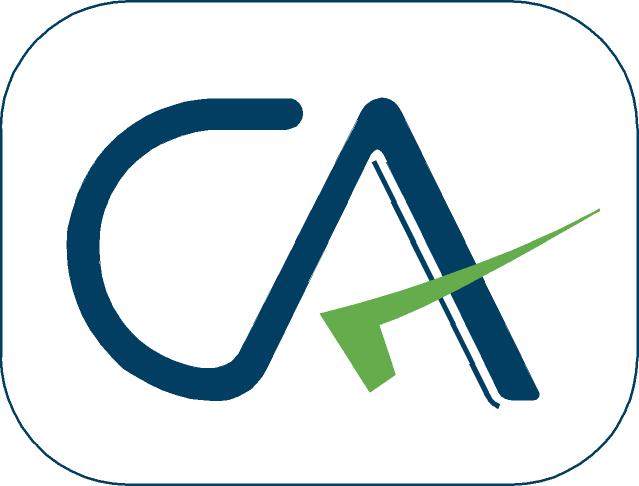Why Us
Audit
During an audit, all the accounting entries available in the company’s financial statement are thoroughly evaluated. The audit team tries to judge the accuracy of a financial report by taking into account its key aspects. These include:
- Accuracy and authenticity
- Follows accounting standards and principles
- Presented in an ethical and fair manner
This process helps to point out any false entry in financial records such as fraud, misuse of funds, or fraudulent activity. Both external and internal auditors perform the audit. Internal auditors are the employees of a company, who conduct an internal audit. On the contrary, external auditors are independent auditors, who are not part of a company being audited.
- Statutory and Concurrent Audit
- Internal Financial Audit
- Tax Audit
- Audits under Income Tax Act
- D&I of Standard Accounting Procedures
- Internal Quality Review and recommendations
- GST Reconciliation and Audit
- GSTR- 2A and GSTR- 3B Reconciliation
- Filing of Monthly, Quarterly and Annual Returns by Corporates
- System Audit
- System Implementation Assignments
Assurance
It involves the procedure of assessment regarding the financial records and accounting entries. Assurance services are provided by independent professionals, which help to improve the quality of information for the decision-makers. For instance, assurance services can review any financial transaction or document i.e loan, contract.
This certifies the validity, authenticity, and correctness of the document being reviewed. Furthermore, assurance services can assist companies to overcome the complexities and risks associated with third-party relationships. Assurance is a way to enhance the relevance, value, and transparency of information held by a company.
The major difference between assurance and audit services relates to the key purpose. Assurance is not meant to correct the issues found in the accounting records. On the contrary, the true purpose of this procedure is to measure the compliance of a company in terms of following the accounting standards and principles.
Assurance relies on key aspects like assessment of the procedures followed during financial operations of a company. Hence, the assurance team closely monitors the operations and procedures. The assurance explains that a specified procedure needs to be followed for gaining maximum outputs.
Below are the five elements of assurance engagement:
- Three-party relationship (Practitioner, Responsible party, and Intended users)
- Relevant subject matter
- Appropriate criteria
- Sufficient evidence
- A conclusion or expression of opinion within a written report
The basic aim of assurance is to verify whether the financial reports of a company are accurate. This process helps to assure that no fraudulent activities are done by/in the company. It also rules out the chance of any misrepresentation regarding the financial records of a company.
Make Appointment
Needs Professional Accountant & Tax Service? Contact Us
Our organization is committed to add value continuously and optimize the benefits accruing to clients.
Our Process
Our Working Process
Make An Appointment
Meet Our Professional
Your Problem Solved
Contact Us If You Have Question About Our Service
We provide a vibrant and inclusive work environment built on a foundation of professionalism and a commitment to providing our people with all opportunities to grow and excel. Our core values of respect, integrity and professionalism define our identity.
